Profound autism
Recent articles
Brain organoid size matches intensity of social problems in autistic people
Overgrown organoids could point to mechanisms underlying profound autism.
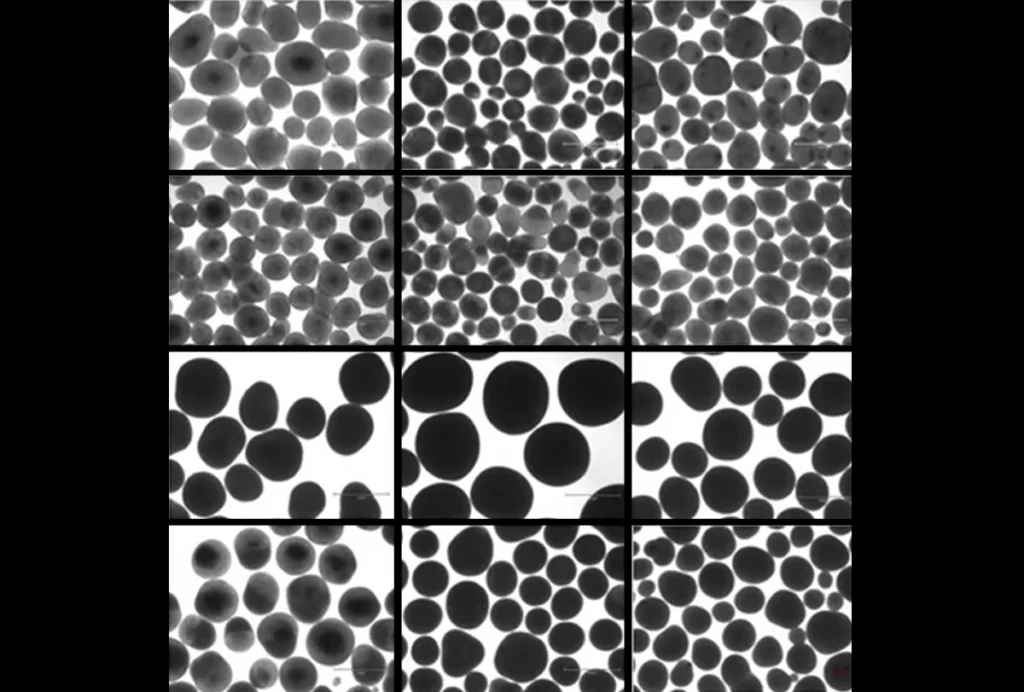
Brain organoid size matches intensity of social problems in autistic people
Overgrown organoids could point to mechanisms underlying profound autism.
Pinning down ‘profound autism’ for reliable research: Q&A with Matthew Siegel
A clear and actionable definition for the term could enhance research and improve care, Matthew Siegel says.

Pinning down ‘profound autism’ for reliable research: Q&A with Matthew Siegel
A clear and actionable definition for the term could enhance research and improve care, Matthew Siegel says.
Building bridges: Collaboration across the autism community
An autistic person and the mother of an autistic child explore partnership in the autism community.
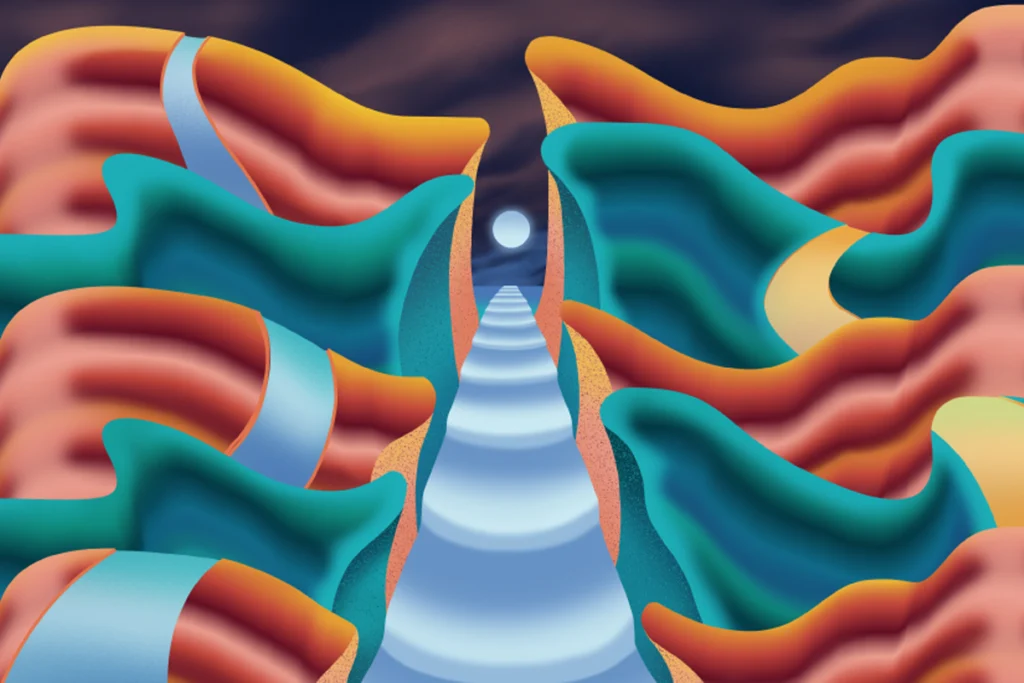
Building bridges: Collaboration across the autism community
An autistic person and the mother of an autistic child explore partnership in the autism community.
Weaponized heterogeneity only harms the most vulnerable autistic people
Focusing on aspects of autistic experience that we all share may lead more quickly to our shared goal of improved outcomes for all autistic people.

Weaponized heterogeneity only harms the most vulnerable autistic people
Focusing on aspects of autistic experience that we all share may lead more quickly to our shared goal of improved outcomes for all autistic people.
It’s time to embrace ‘profound autism’
My experience at the Autism-Europe International Congress — and as a parent of a child with profound autism — makes me more convinced than ever that we need to bifurcate the diagnosis of ‘autism spectrum disorder’ and add a new diagnosis of ‘profound autism’ to better serve this vulnerable population.

It’s time to embrace ‘profound autism’
My experience at the Autism-Europe International Congress — and as a parent of a child with profound autism — makes me more convinced than ever that we need to bifurcate the diagnosis of ‘autism spectrum disorder’ and add a new diagnosis of ‘profound autism’ to better serve this vulnerable population.
New program offers $35K grants to study ‘profound autism’
People who have ‘profound autism’ — those with severe intellectual disability, limited communication abilities or both — tend to be excluded from research. The Autism Science Foundation seeks to change that.
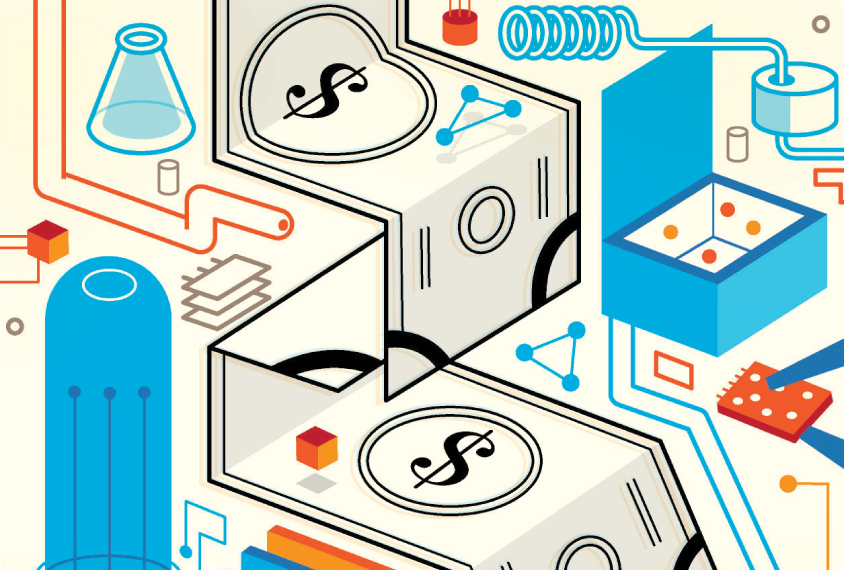
New program offers $35K grants to study ‘profound autism’
People who have ‘profound autism’ — those with severe intellectual disability, limited communication abilities or both — tend to be excluded from research. The Autism Science Foundation seeks to change that.
Mapping the futures of autistic children
Researchers can roughly project what autistic children's lives will look like years down the road. But how good is their crystal ball — and what are its benefits?
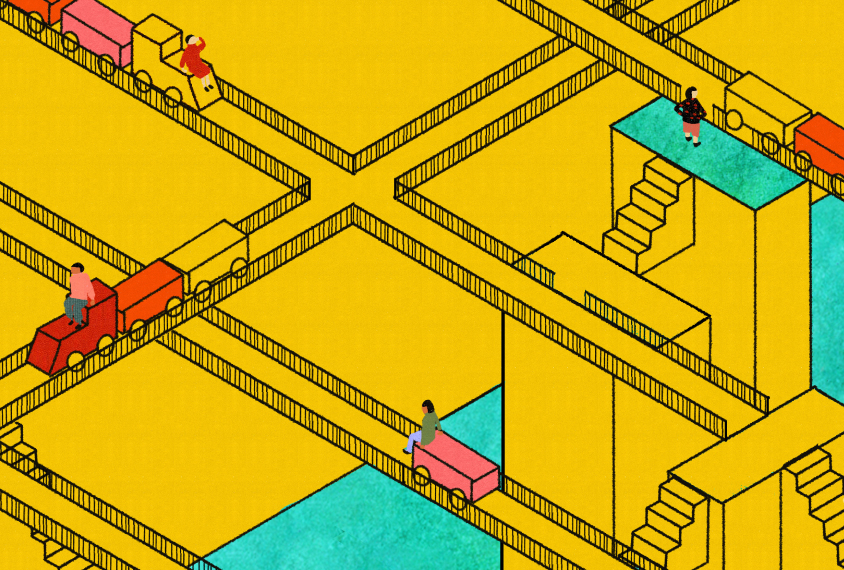
Mapping the futures of autistic children
Researchers can roughly project what autistic children's lives will look like years down the road. But how good is their crystal ball — and what are its benefits?
Big brain may mark subtype of autism
Autistic boys with large brains in early childhood still have large brains in adolescence, challenging the long-standing idea that brain enlargement in autism is temporary.
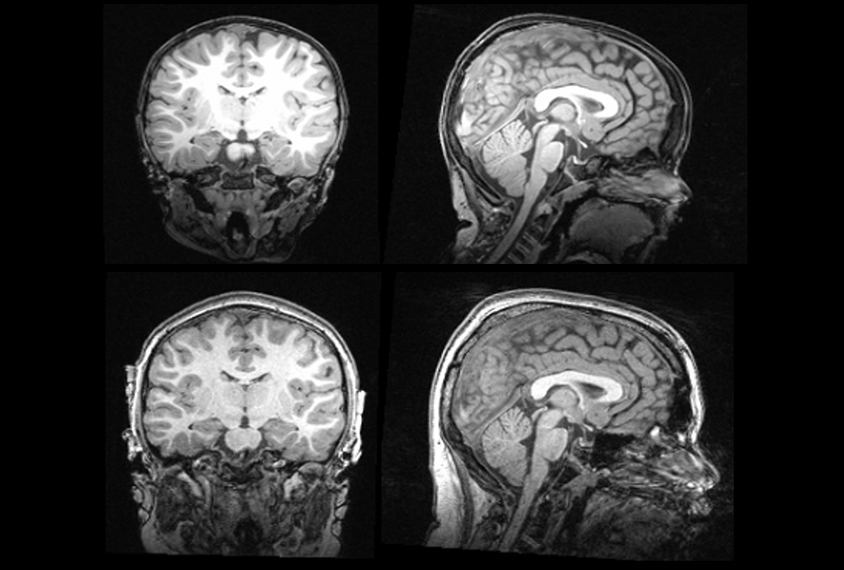
Big brain may mark subtype of autism
Autistic boys with large brains in early childhood still have large brains in adolescence, challenging the long-standing idea that brain enlargement in autism is temporary.
Autism, intellectual disability linked to levels of fragile X protein
People with particularly low levels of FMRP, the protein lacking in those with fragile X syndrome, are more likely to also have autism and severe intellectual disability.
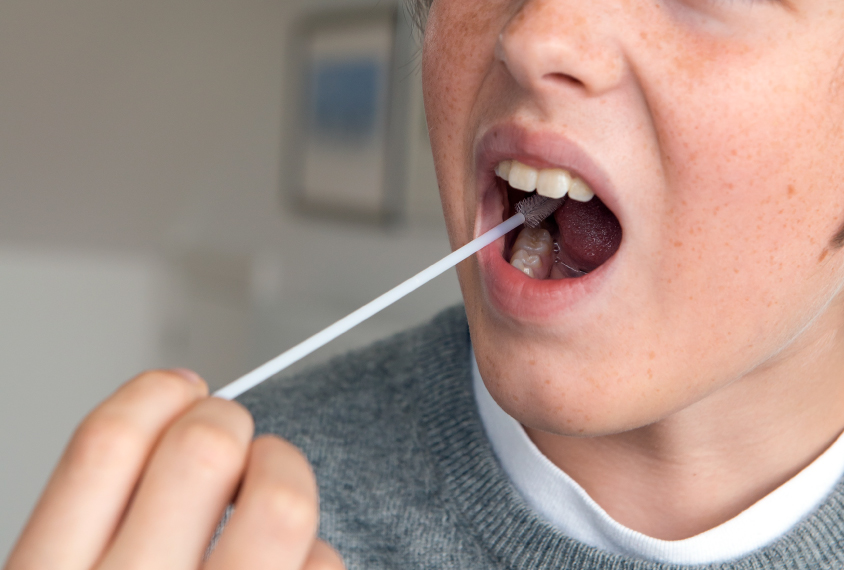
Autism, intellectual disability linked to levels of fragile X protein
People with particularly low levels of FMRP, the protein lacking in those with fragile X syndrome, are more likely to also have autism and severe intellectual disability.
Neural responses to names may underlie language difficulties in some autistic people
Minimally verbal autistic people do not differentiate the sound of their own name from that of a stranger, according to a new EEG study.

Neural responses to names may underlie language difficulties in some autistic people
Minimally verbal autistic people do not differentiate the sound of their own name from that of a stranger, according to a new EEG study.
Explore more from The Transmitter
Organoids and assembloids offer a new window into human brain
These sophisticated 3D cultures reveal previously inaccessible stages of human brain development and enable the systematic study of disease genes.

Organoids and assembloids offer a new window into human brain
These sophisticated 3D cultures reveal previously inaccessible stages of human brain development and enable the systematic study of disease genes.
Who funds your basic neuroscience research? Help The Transmitter compile a list of funding sources
We want to hear from you about the sources of funding for your research.
Who funds your basic neuroscience research? Help The Transmitter compile a list of funding sources
We want to hear from you about the sources of funding for your research.
The future of neuroscience research at U.S. minority-serving institutions is in danger
Cuts to federally funded programs present an existential crisis for the University of Puerto Rico’s rich neuroscience community and for research at minority-serving institutions everywhere.

The future of neuroscience research at U.S. minority-serving institutions is in danger
Cuts to federally funded programs present an existential crisis for the University of Puerto Rico’s rich neuroscience community and for research at minority-serving institutions everywhere.